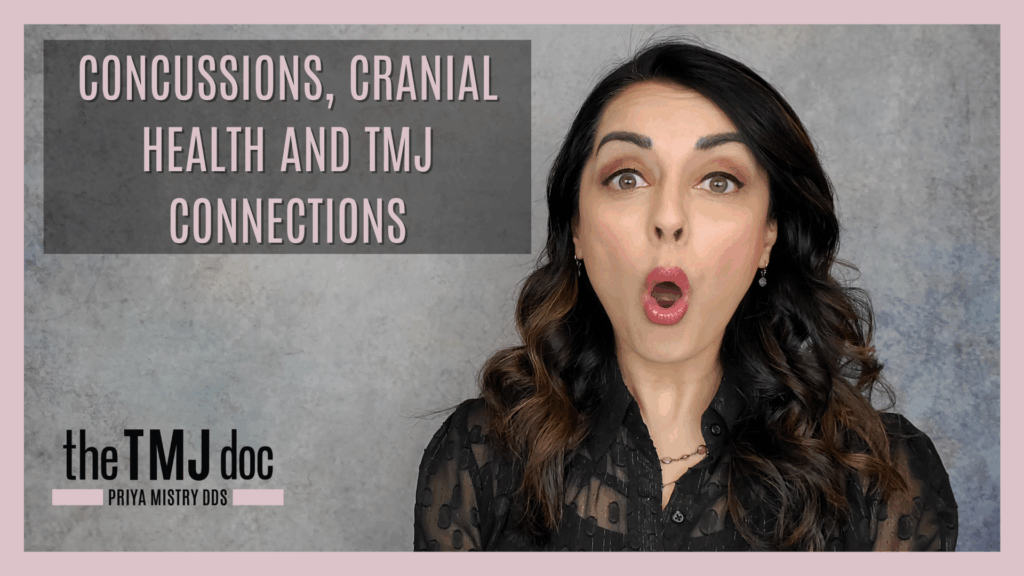Temporomandibular joint (TMJ) dysfunction is often associated with jaw pain, clicking, and difficulty chewing—but the effects of TMJ issues can extend far beyond the jaw. At TMJ Doc in Vancouver, WA, patients frequently report symptoms that seem unrelated at first glance, only to discover they are connected to underlying TMJ dysfunction.
The jaw is part of a complex system involving muscles, nerves, and joints that influence many areas of the body. Because of this, TMJ problems can manifest in surprising ways. Recognizing these unusual symptoms is an important step in getting accurate diagnosis and effective care.
Surprising Symptoms Linked to TMJ Dysfunction
TMJ-related issues can contribute to a wide range of physical symptoms, including:
- Ear pain, fullness, or ringing (tinnitus) – Even in the absence of an ear infection, patients may experience discomfort or pressure in the ears due to inflammation or muscle tension near the jaw.
- Headaches or migraines – Tension in the jaw and surrounding muscles can trigger frequent headaches, especially in the temples or behind the eyes.
- Facial pain or numbness – Muscle tension or nerve compression from TMJ problems can cause sensations of tingling or aching in the cheeks, forehead, or around the eyes.
- Neck, shoulder, or back pain – Misalignment in the jaw often leads to compensatory posture issues, placing added stress on the neck and upper back.
- Dizziness or balance problems – The TMJ’s proximity to the inner ear can sometimes result in sensations of vertigo or unsteadiness.
- Tooth pain with no dental cause – TMJ dysfunction can refer pain to the teeth, making it difficult to identify the true origin of discomfort.
These symptoms are often misattributed to unrelated conditions, which is why many patients go through multiple providers before finding answers.
Why TMJ Issues Cause Widespread Effects
The TMJs are located near several important nerve pathways, including the trigeminal nerve, one of the most complex and far-reaching nerves in the head. When the TMJs are inflamed, misaligned, or overworked, this can irritate nearby nerves and strain surrounding muscles, leading to symptoms that radiate across different areas of the body.
Additionally, the muscles involved in jaw function are closely connected to the head, neck, shoulders, and even the back. When these muscles are tense or imbalanced, the effects are often felt beyond the jaw.
Getting to the Root of the Problem
TMJ Doc in Vancouver takes a full-body approach to evaluating and treating TMJ-related symptoms. Care plans are designed to uncover the underlying cause—not just mask the symptoms. Through comprehensive assessments and customized treatment protocols, patients can experience meaningful relief and better function.
Unexplained Symptoms? TMJ May Be the Cause
If you’re experiencing symptoms that haven’t responded to traditional treatments, TMJ dysfunction could be the missing piece. Contact TMJ Doc in Vancouver, WA to schedule a consultation and begin the path toward lasting relief.







